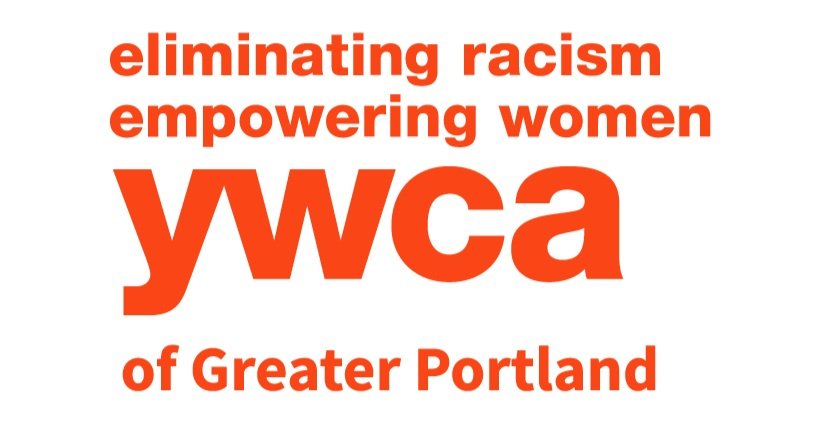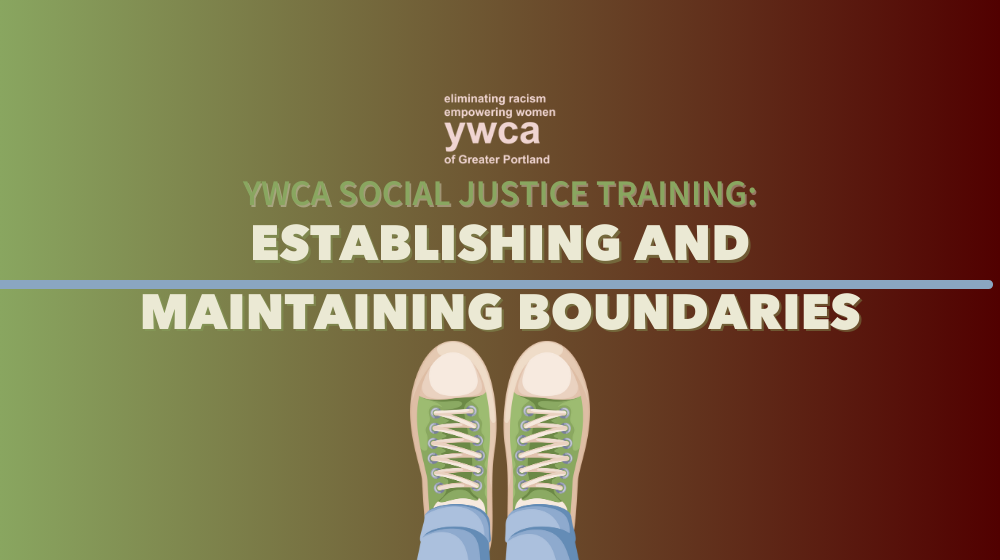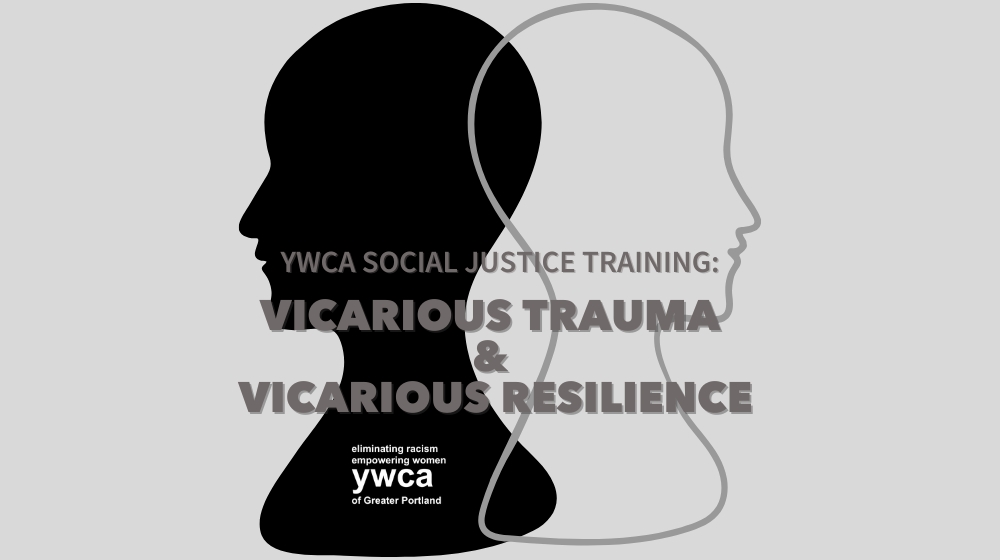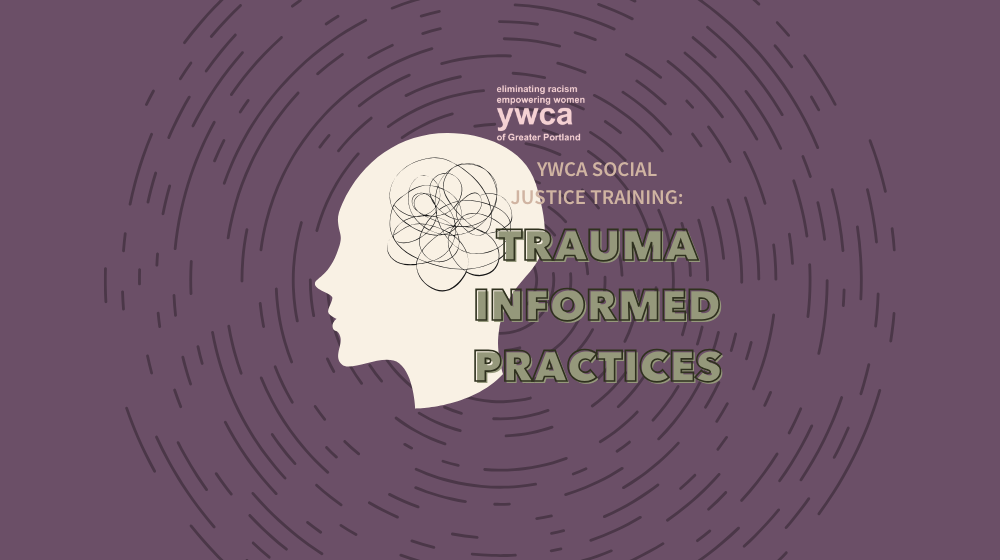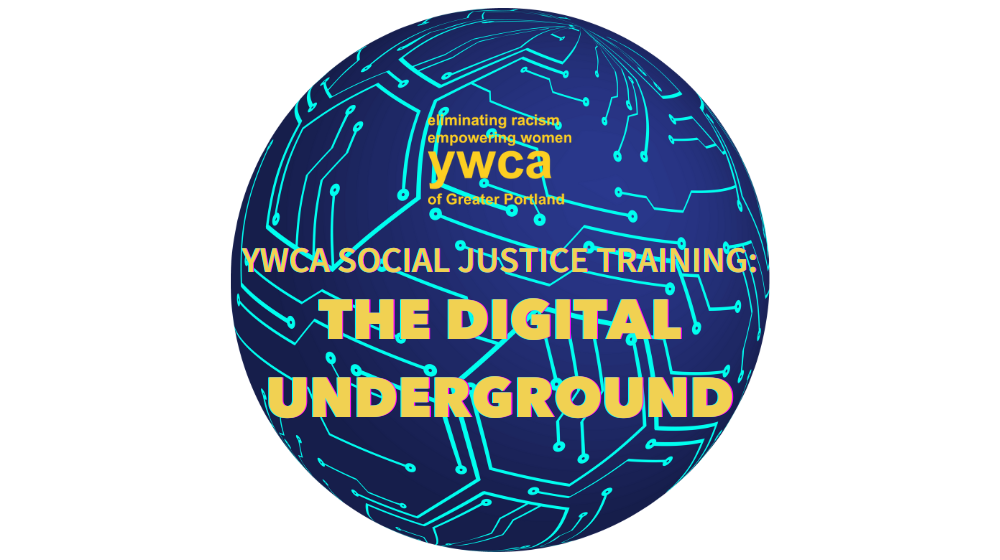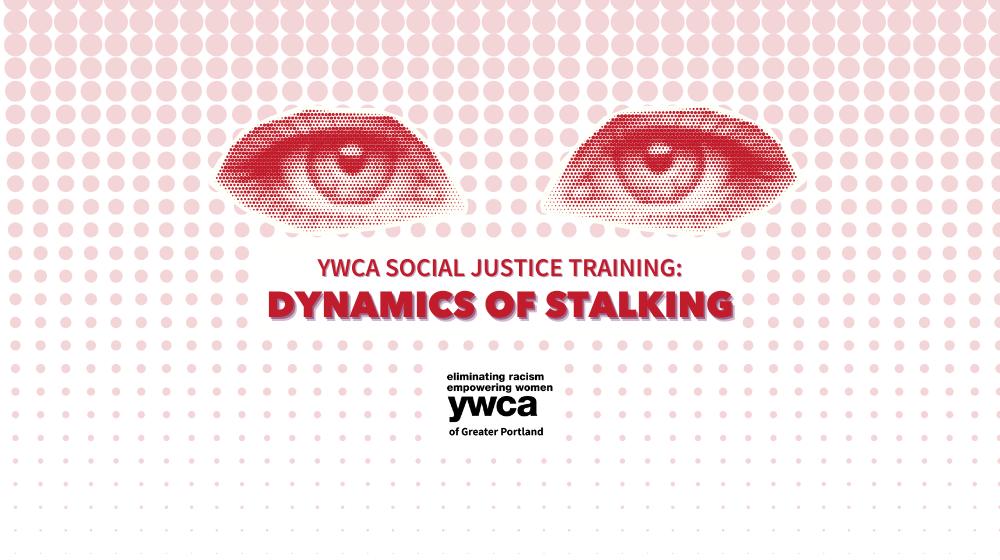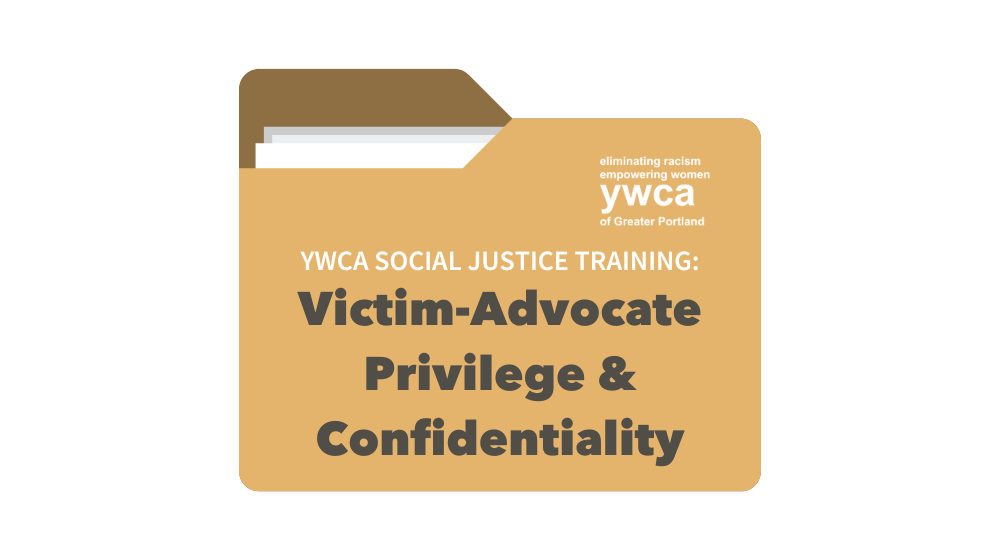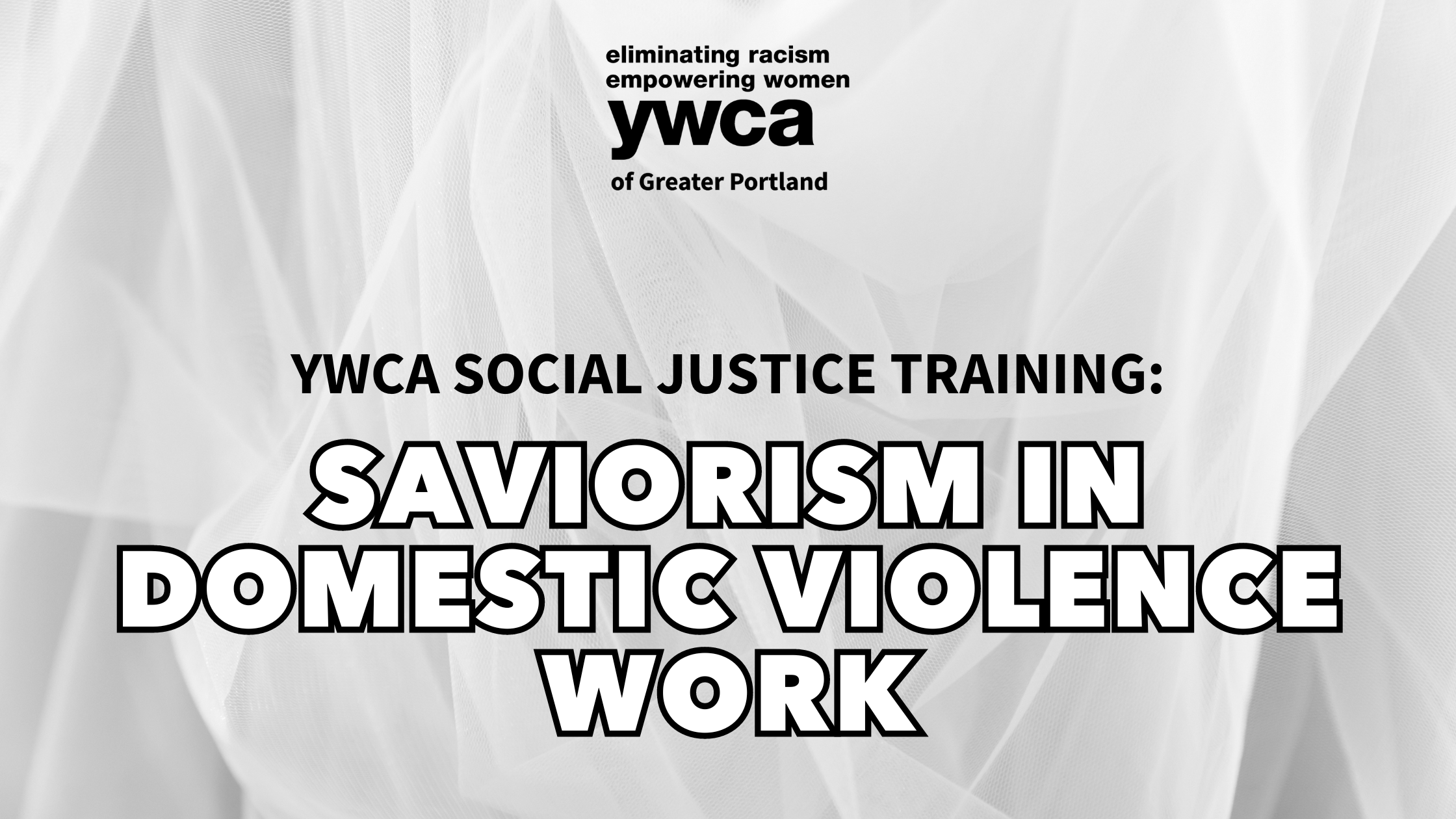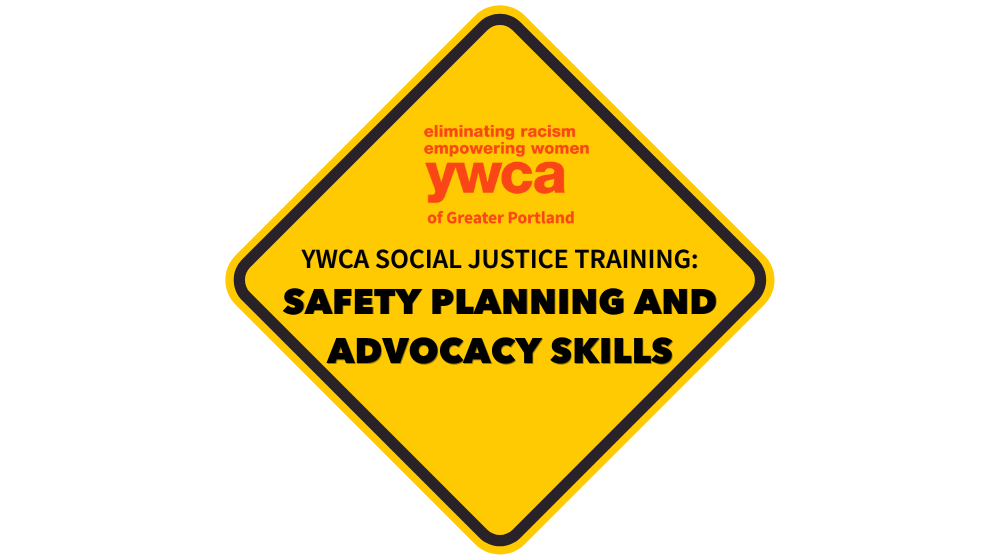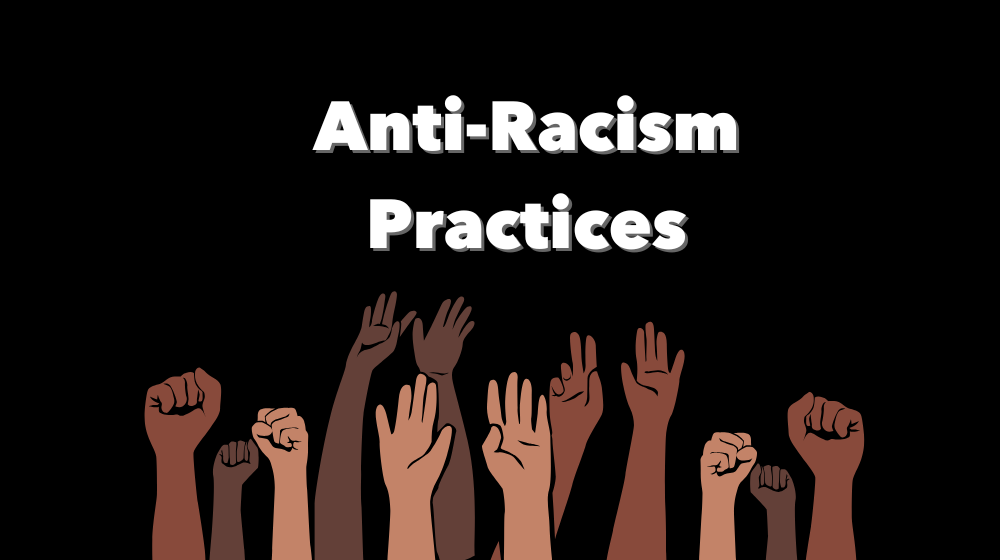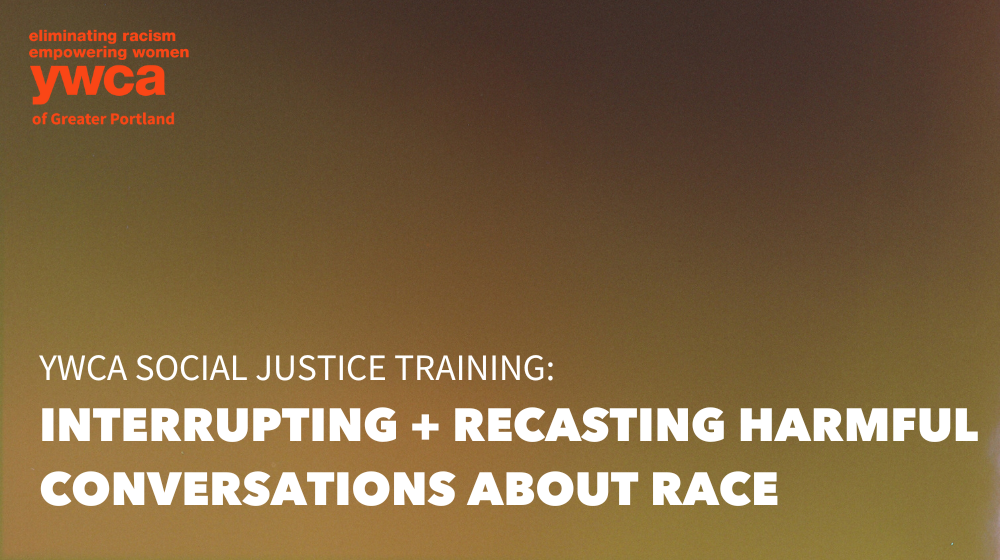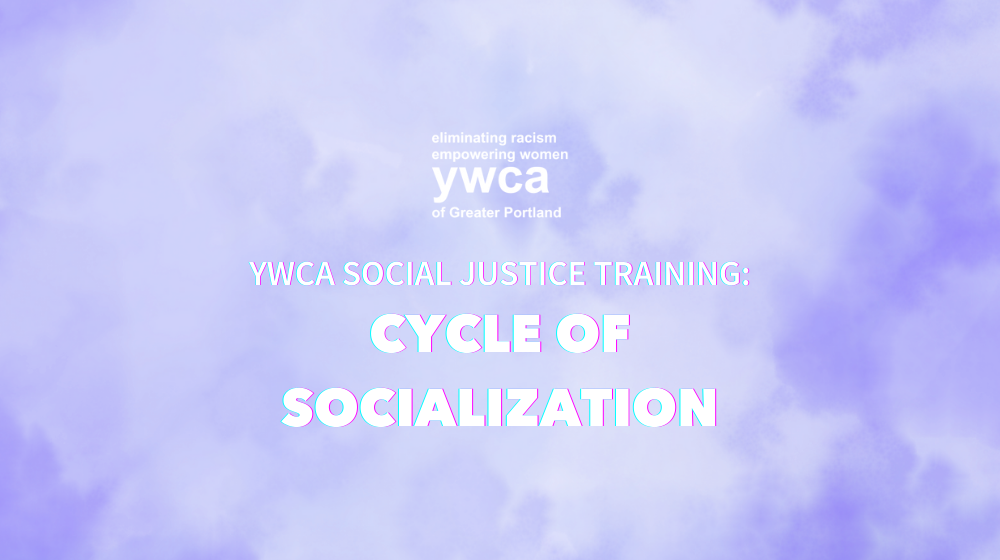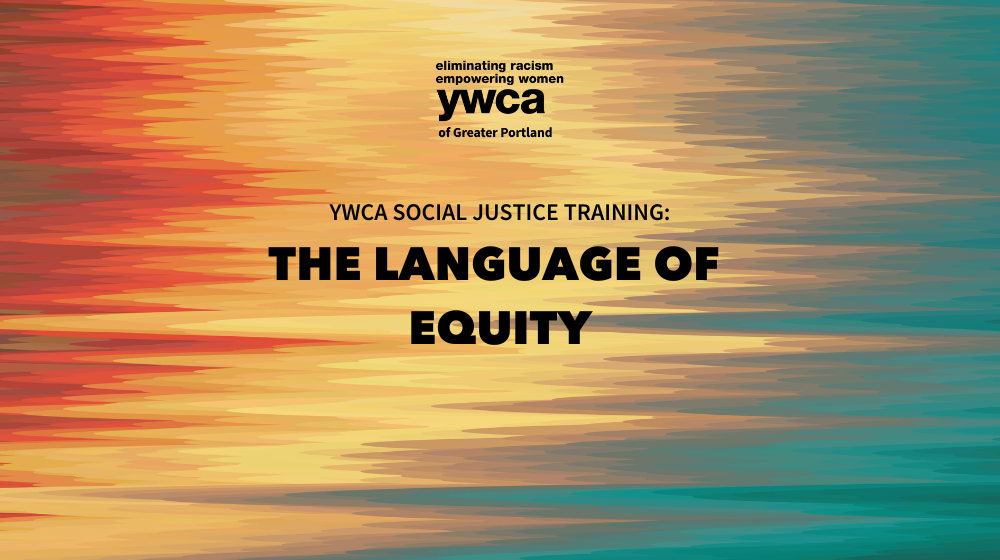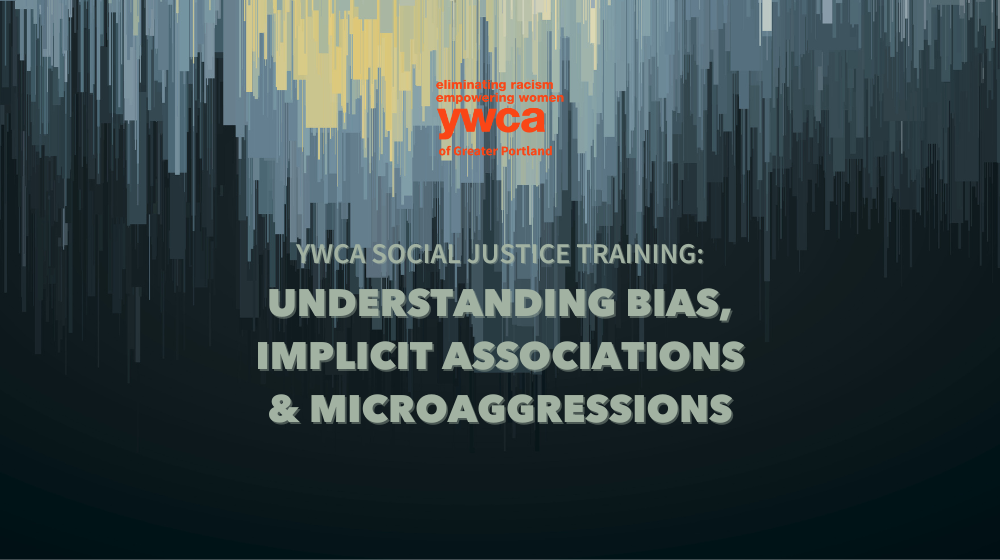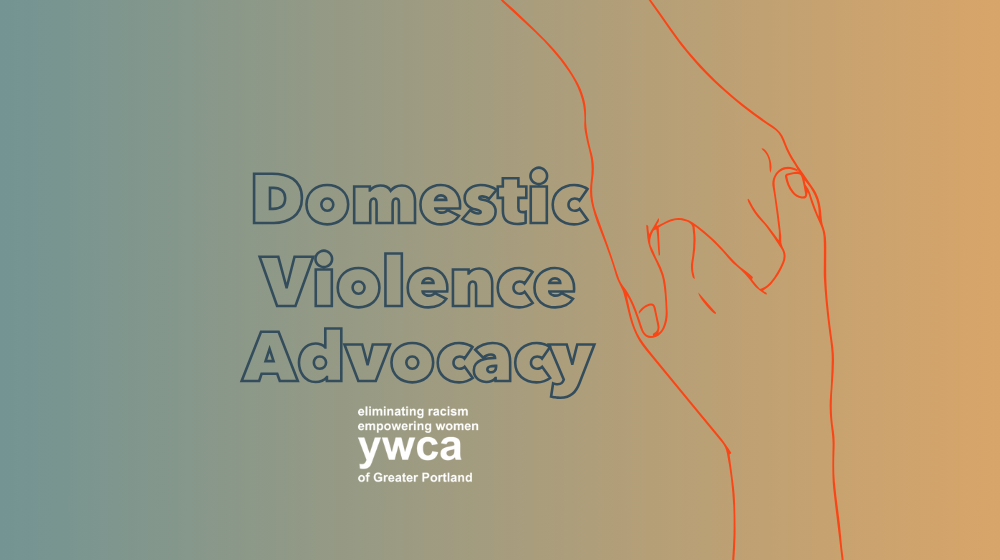YWCA Events
Register below!
Presented by Debbie Elias Online via Zoom
A boundary is a limit or space between you and another person; a clear place where you begin, and the other person ends. In this workshop we will explore what our personal and professional boundaries are and how to establish and maintain them with the people in our lives. Setting limits takes time and thought, enforcing the limits takes energy and consistency. Boundaries ultimately provide us with more time, energy and happiness and deepens our connections with ourselves and others. The purpose of setting boundaries is, of course, to protect and take good care of ourselves.
Facilitated by Chris Huffine Online via Zoom
Cis men are responsible for the vast majority of most of the violence in the world, including domestic violence. Why is this so? In this workshop underlying drivers of men’s violence will be discussed and identified, particularly related to domestic violence. Time will also be spent reviewing programs that work with male abusive partners and what the change process involves.
Presented by Debbie Elias Online via Zoom
This workshop is geared towards individuals and organizations that see the need to take a bold move to improve the way they provide an environment of equity and inclusivity in the workplace.
Facilitated by Ruby Joy White Online via Zoom
Participants will explore the intersection of trauma-informed practices (TIP) and social equity webs. Participants will gain an understanding of how trauma can be shaped by social inequities, and how TIC can be used to promote equity and inclusion. The workshop will also provide participants with practical strategies for implementing TIC in their own settings.
Presented by Tyesha McCool-Riley Online via Zoom
In this workshop, attendees will review various types of abuse but focus on digital/technological and identify the impacts of digital abuse. We will talk about tips for preventing digital abuse and review the steps for creating a safety plan to maximize digital and technological safety. Attendees will also identify characteristics of healthy and abusive relationships. We will end the workshop discussing various ways to provide survivors support who may be experiencing digital abuse.
Presented by claire barrera Online via Zoom
This workshop covers the definition and signs of stalking behavior, the various relationship dynamics in which a person may experience stalking, the ways that society normalizes stalking, and the support systems/resources a person may access when experiencing stalking. Participants will walk away with practical knowledge and ideas for how to address stalking and create a safer environment for all.
Presented by Debbie Elias Online via Zoom
The Victim-Advocate Privilege & Confidentiality workshop will explain and clarify the requirements put forth by the State of Oregon for advocates working with domestic and sexual violence, stalking and human trafficking survivors. We will discuss the importance of confidentiality and privacy and how it enhances survivor safety. Confidentiality protects survivor dignity and autonomy as well as increases the likelihood that survivors feel safe in coming forward to seek the help they need and deserve. We will review VAWA and funders’ confidentiality requirements and discuss releases of information, mandatory reporting, record-keeping and confidentially navigating our working with community partners.
Presented by Tyesha Online via Zoom
In this workshop, attendees will consider how their actions may impact a survivor despite having good intentions.
Presented by Debbie Elias Online via Zoom
During Safety Planning & Advocacy Skills attendees will learn and practice advocacy skills vital to supporting survivors of domestic violence & sexual assault. Using real-life scenarios, we will work in small groups to apply these learned skills in crisis response situations & when creating safety plans. Discussions will also include healthy boundaries & tips for working with survivors.
Facilitated by Shay Braden Online via Zoom
Learning Goals:
Understand the 2SLGBTQIA+ acronym
Review power dynamics
Consider harmful vs productive engagement strategies
Consider how the gender binary impacts gender fluidity
Skill-Gain Goals:
Gained strong understanding of language
Gained confidence with knowing what type(s) of support to provide queer and trans youth
Ability to apply empowerment strategies
Ability to repair harm effectively
Facilitated by Shay Braden Online via Zoom
In this virtual workshop, attendees will think critically about what gender is and how it relates to them. We will spend time reviewing some outdated language and discussing appropriate terminology to utilize when interacting with others. We’ll review the impacts of harm against transgender and gender non-conforming then brainstorm ways we can provide person-centered support. As we wrap up the workshop, we’ll practice pronoun usage and navigating conflict.
Presented Online via Zoom
Whether this is your first social justice workshop or you are at the advanced level, we encourage participants at all learning levels.
After completing the certification, you will take this knowledge outside of the workshop space, commit to being an lifelong social justice learner and engage what you’ve learned to better your community.
Facilitated by Meleani Bates Online via Zoom
Developing critical consciousness about race and oppression requires us to first understand our own racialized identities. This workshop aims to support ongoing exploration of our positionality, strengthen our ability to read racially stressful encounters, and recast/reframe situations using skillful interruption strategies that preserve our collective humanity.
Facilitated by Meleani Bates Online via Zoom
The Cycle of Socialization helps us to understand the ways in which we are all socialized to help maintain oppressive systems and human hierarchies.
Facilitated by Ruby Joy White Online via Zoom
Language is ever changing and manifests our world view. When we have access to language, we are better able to understand and articulate community needs. It is important for our growth that we be mindful of the language we use, as it cultivates our patterns and determines our routes to liberation. In our ever-changing, technologically-advanced modern world, we have more access to shared language than ever before. And, in the world of equity work, fluidity and understanding of terms and definitions is necessary as we work collectively to dismantle antiquated, oppressive systems that have for too long been barriers for marginalized communities.
Facilitated by Kaycie López Jones Online via Zoom
In this workshop, participants will gain a deeper understanding of how bias in both its explicit and implicit form informs implicit associations and can lead to microaggressions. Participants will explore the different types of microaggressions and gain tools that can help them identify and interrupt microaggressive moments and behaviors.
Presented Online via Zoom
YWCA offers the 40-Hour Domestic Violence Advocacy Training to community members who are looking to become domestic violence advocates. Each certification is for 40 hours of training in advocacy for Survivors of domestic violence, sexual assault. This training ensures that the needs of domestic violence Survivors have been met and served through a trauma informed, culturally responsive lens.
